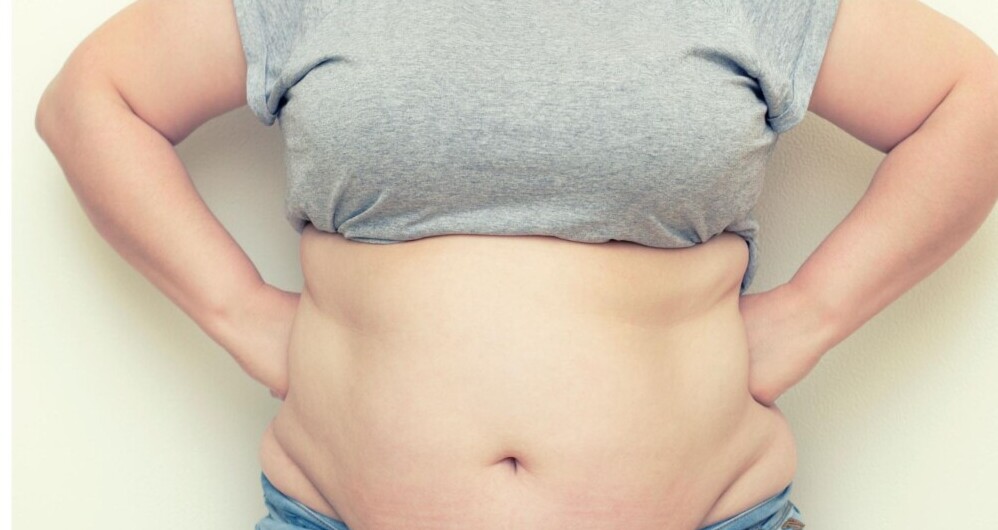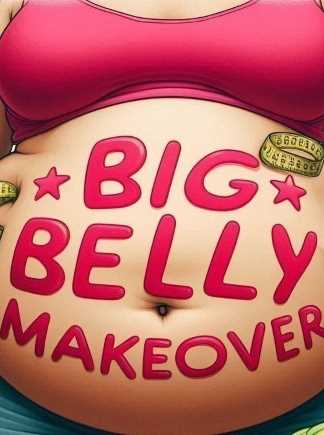
Prebiotics and probiotics have been buzzwords in health circles for a while. Prebiotics are food for your good bacteria, while probiotics are the good bacteria themselves. You’d assume they work wonders for anyone’s gut health. But as someone with a microbiome close to a broiler chicken’s, I’ve learned it’s not that straightforward.
Research on broiler chickens showed diets enriched with prebiotics led to significant weight gain and better feed conversion rates. In simpler terms, these chickens bulked up nicely and efficiently turned food into body mass. That sounded very promising for chicken farmers.
There was also a study on turkeys, which found that prebiotic treatments increased the density of goblet cells. These cells are crucial because they produce mucus that protects the intestines. Sounds like a dream come true for gut health, right?
However, taking prebiotics didn’t give me my fairy-tale ending. Instead of improving my gut health, they made me gain weight. Not quite what I had in mind. And reading about these poultry experiments made me question the hype. It’s easy to think that supplements like prebiotics and probiotics are a quick-fix solution. But my journey showed me they can sometimes do more harm than good – taking prebiotics was making me fat. So, if you’re thinking of restoring your gut microbiome by taking a few pills, tread carefully. It’s important to understand your own body’s needs and reactions first.
My adventure with prebiotics supplements wasn’t in vain. It taught me that solutions for my gut health aren’t coming pre-packaged like the four-month supply of probiotics wrapped in prebiotics that I bought. My focus shifted to other methods, and all was not lost. My broiler chicken microbiome meant that I had to go the extra distance and do the hard work. I had to clean up my diet. I cut out processed foods, vegetable oils, sugary sweets, and drinks. And it has been a game-changer. Plus, I revisited intermittent fasting. So, even if I share gut microbiome similarities with a broiler chicken, I’m still finding what works best for my unique belly and its microbiome.
Transitioning to a Healthier Lifestyle
Cleaning up my diet is not easy. I’m working the long game here. The first step was eliminating processed foods, breads and sugary drinks. These items are like villains in your gut, causing chaos and feeding bad bacteria. Instead, I focus on whole foods—think fruits, veggies, lean proteins, and nuts food simply made by god. I’m a vegetarian. I’m not doing any kind of diet. It’s a lifestyle change that I’m committed to living. Occasionally I drink some soda or eat some candy. But it’s not something I care to do on any regular basis.
Intermittent fasting has become another powerful tool. It’s essentially eating during specific windows and fasting outside those times. My set time is 16/8 but I occasionally I shoot for 20/4. This time frame is very rewarding for me. But anything over sixteen hours is extra helpful. It gives my digestive system a break and may even improve my gut health. It was tough initially, but I am in it for the long haul. It’s like fishing for me I reel it in, wait and reel it in a little more. Making big changes gradually over time allows your body to adapt, and you start seeing and feeling the benefits.
Fortunately, supplements like prebiotics and probiotics aren’t the only route to a happy gut. Sometimes, a holistic approach works better. Whole foods actually contain their own prebiotics so you can get those benefits directly from the food you eat. And adding activities like regular exercise, staying hydrated, and getting enough sleep can significantly impact gut health. These lifestyle changes may seem simple, but they make a world of difference.
Sticking to these healthy habits requires commitment. It’s not about quick fixes but long-term changes. It can be challenging initially but remember—every small step counts. Keep tweaking it until you find the balance that works for you.
My experience is a testament to adaptability. While taking prebiotics supplements didn’t work out, cleaning up my diet along with intermittent fasting is working. Learning from our experiences and staying adaptable is key. There’s always room to improve and pivot towards better health.
